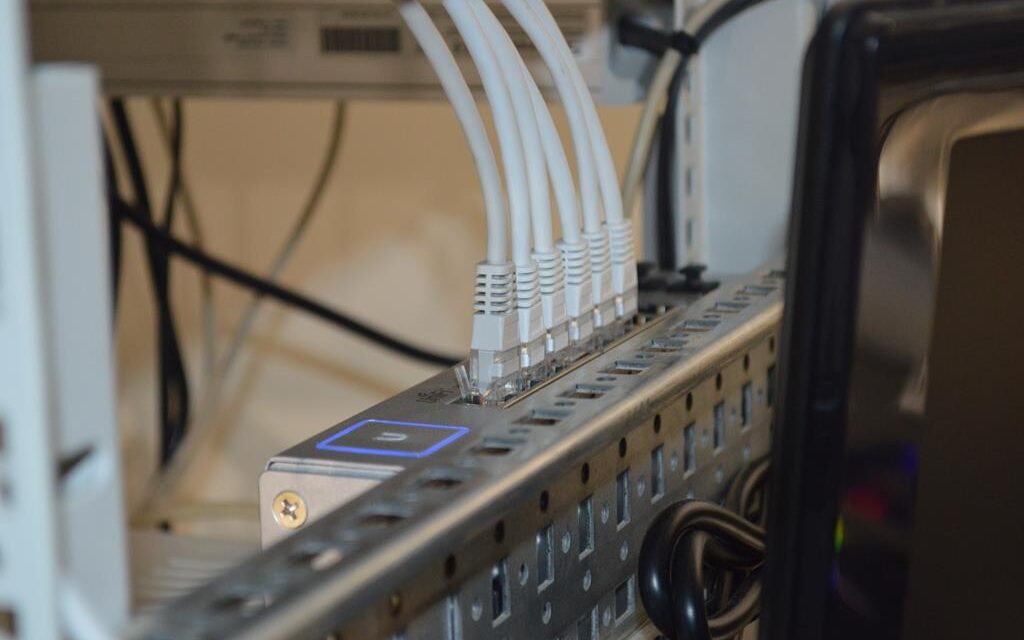Cybersecurity risks have increased alongside technological advancements, posing a considerable threat to users’ privacy and sensitive information. However, internet protocols (IPs), being the set of rules governing data transmission between computers via the internet, are crucial in enhancing online security.
By implementing various measures such as threat detection, multi-factor authentication, encrypted communication channels, and more, IPs help protect against potential cyber threats. Here, we will discuss the five ways internet protocols are enhancing cybersecurity. Let’s discover!
Web Application Firewall (WAF)
A Web Application Firewall (WAF) is a security device that works between a web server and the internet. It basically monitors the traffic and blocks any malicious requests and pop-ups. This way, a Web Application Firewall prevents your device from various attacks and enhances cybersecurity.
Network Segmentation and Isolation
Another way internet protocols are enhancing cybersecurity is by network segmentation. This is basically dividing the network into smaller and more secure segments. This smaller division helps prevent unauthorized access to sensitive data and malicious attacks. By segmenting the network, even if one area falls under the damage, all other areas can be prevented by taking timely actions and measures. Thus, it plays a significant role in enhancing cybersecurity practices.
Multi-Factor Authentication (MFA)
In the world of cybersecurity, Multi-factor Authentication plays a significant part in keeping users’ data safe and secure. It is just like having multiple locks that require different keys. Internet protocols also implement Multi-factor Authentication to enhance cybersecurity. In this case, an additional key in the form of a password or a code is provided to add extra security.
Thus, if someone manages to get your original key, he cannot access your data without having the extra key. Thus, MFA goes beyond just passwords and also protects your sensitive data, such as your IP address. To know your IP address go to What’s My IP website from your computer or mobile phone.
Threat Detection and Prevention
Internet protocols also use many threat detection and prevention mechanisms to enhance cybersecurity. They typically use a variety of techniques, such as signature-based detection, anomaly detection, and machine learning. This helps to detect the threat before it may cause harm to your sensitive data.
Secure Communication Channels
Internet protocols also focus on securing communication channels because they are one of the significant causes of data breaches and loss. Secure communication channels such as HTTPS and TLS work by encrypting data between two parties and ensuring your data information is safe and secure.















